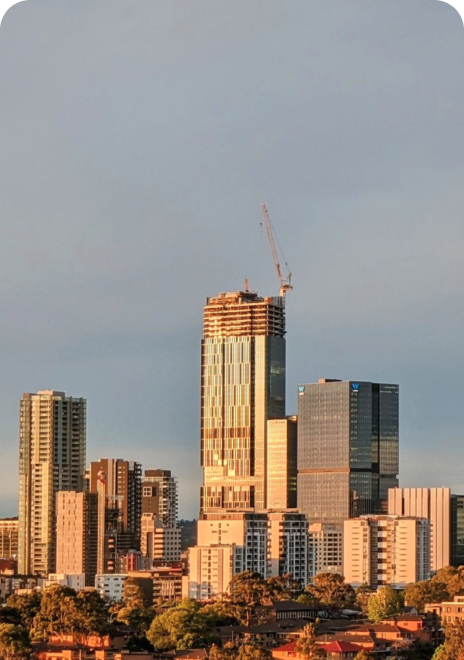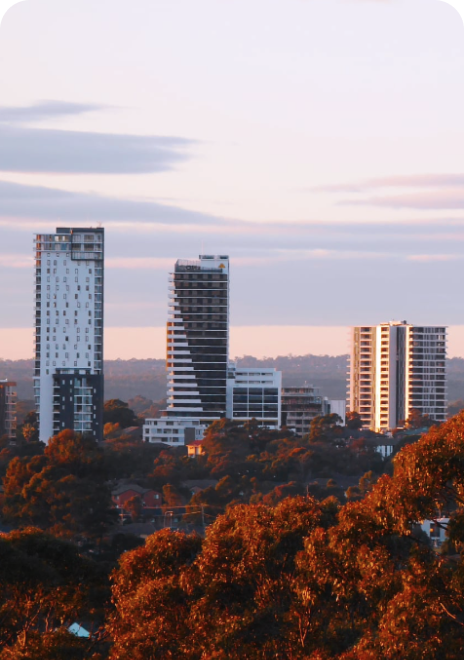Getting assaulted in a public place is a scary experience. Beyond the initial shock and physical injuries, victims face emotional trauma, financial stress and uncertainty about what to do next.
If you or someone you know has been attacked in a public area, you need to know your rights, the legal options and how to get justice. Whether it’s a random attack, a bar fight or a sexual assault, taking the right steps early can make a big difference in your recovery and legal outcome.
In this guide, we will explain everything you need to know about reporting the incident, claiming compensation and how an assault lawyer can help you get maximum compensation for your loss.

What is Considered Assault?
In Australia, assault is any intentional or reckless act that causes another person to fear or suffer unlawful physical force. It can be as minor as a push or a slap or as serious as a weapon or sexual violence.
Even the threat of physical harm can be considered an assault if the victim reasonably believes they are in immediate danger. Some common examples of public place assaults include:
- Fights in bars, nightclubs or pubs
- Random attacks in parks, streets or shopping centres
- Road rage that turns physical
- Sexual assault or harassment in public
- Violence at protests, sporting events or concerts
What to Do Immediately After an Assault
If you have been assaulted in a public place, do the right thing and take note of the following to protect your rights.
Step 1: Get to a Safe Place
Your priority is to get to a safe location. If the attacker is still around, go to a crowded or well-lit area or ask for help from bystanders.
Step 2: Call the Police
You must report the assault to the police. Call 000 straight away and provide as much detail as possible, including the attacker’s appearance, location and any witnesses. A police report will be useful evidence if you make a claim.
Step 3: Get Medical Attention
Even if your injuries seem minor, get seen by a doctor. Some injuries, especially concussions or internal trauma, may not be obvious. A medical report will also be useful evidence if you claim.
Step 4: Collect Evidence
If you can, collect evidence at the scene. This may include:
- Photos or videos of your injuries and the location
- Witness statements and contact details
- Security camera footage (ask businesses or local authorities)
Step 5: Report to Local Authorities or Council
In some cases, public place assaults may involve security personnel, council rangers or business owners. Reporting the incident to them may help with your claim or provide additional evidence.
Your Legal Options After a Public Assault
A professional assault claims lawyer can help you through the legal process after an assault in a public place. Here are your options:
1. File a Police Report and Charges
If the offender is identified, they may face charges. The police will investigate the matter, and the perpetrator may be prosecuted if there is enough evidence. Criminal convictions can result in fines, community service or imprisonment.
2. Claim Through the Victims’ Support Scheme (NSW)
Victims of violent crime, including public assaults, may be eligible for financial support through the NSW Victims’ Support Scheme. Compensation may cover:
- Up to 22 hours of counselling
- Immediate financial assistance of up to $5,000 for primary victims
- Ongoing financial support of up to $30,000
- A recognition payment of up to $10,000, depending on the severity of the assault
3. Civil Claim for Compensation
If the assault resulted in serious injuries, loss of income or long term trauma, you may be able to claim against the perpetrator. A civil claim is not to punish the perpetrator but to get compensation.
In some cases, you may also claim against a third party (e.g., a business or venue) if they failed to provide adequate security.
4. Public Liability Claim
If the assault occurred on-premises, such as a shopping centre, restaurant, or public transport, you may be able to sue the property owner. Businesses and councils have a duty of care to ensure public safety.
If they were negligent in preventing foreseeable harm, you may be entitled to compensation.
Are There Time Limits for Filing a Public Assault Claim?
Time limits apply for filing assault-related claims:
- Criminal compensation claims: Generally, three years from the date of the assault (or from when the injury was discovered)
- Victims’ Support Scheme: For adults, applications for financial assistance for economic loss must be made within two years. However, no time limit applies to child victims.
- Civil claims: Typically, they are filed three years after the date of the incident, but exceptions may apply in cases of severe trauma or late discovery of injuries.
Since different time limits apply depending on the type of claim, it’s best to seek legal advice as soon as possible.
How an Expert Assault Lawyer Can Help
Dealing with an assault is overwhelming, but get legal advice and get the compensation and justice you deserve. A lawyer can:
- Assess your case and work out the best way forward
- Collect and present evidence to support your claim
- Negotiate with insurers or the other party
- Represent you in court if needed
At Wyatts, our abuse lawyers work on a “no-win, no-fee” basis, so you only pay legal fees if your claim is successful (some conditions apply). Call us today at 1800 773 880 and get the compensation you deserve for your pain and suffering.





